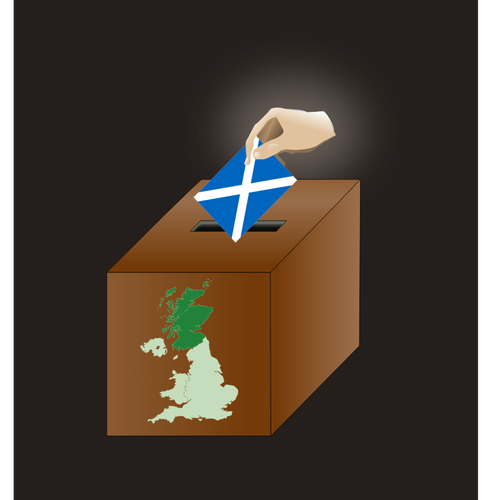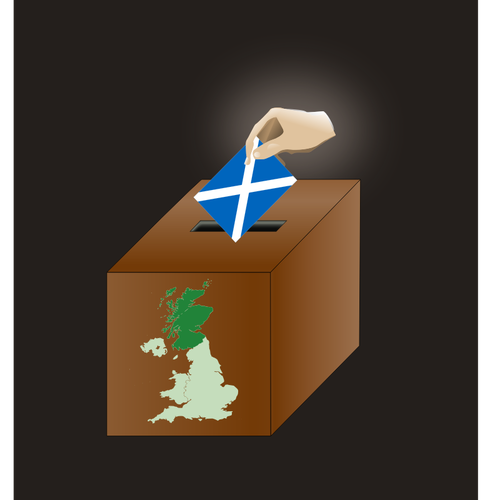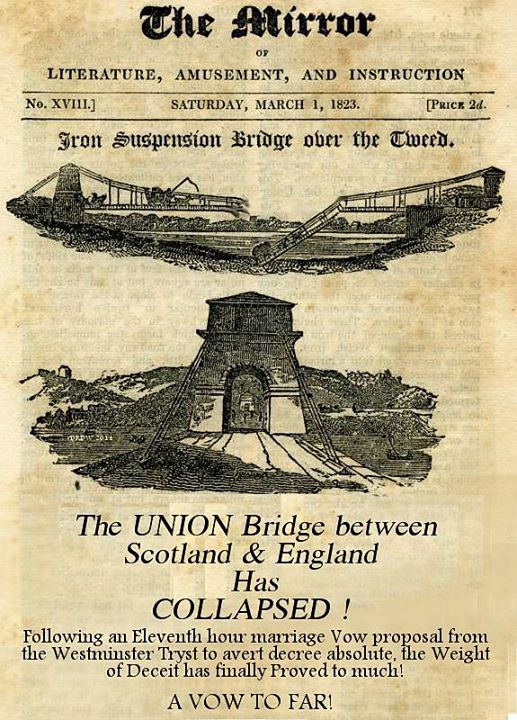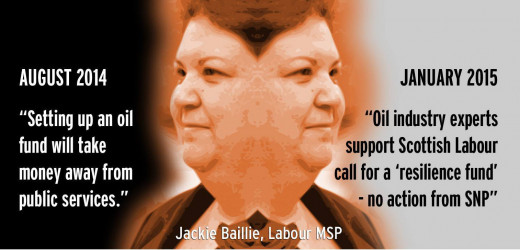Things to do before another Scottish Independence Referendum


The 2014 Scottish Independence referendum allegedly resulting in a NO vote had enough irregularities and unusual features (for example the lack of exit polls ) to reenergise the Independence movement and trigger a landslide victory for the main pro-independence party the SNP and the probable demise of the Labour and Liberal party branches in Scotland for the foreseeable future.
Since September 2014 the Independence movement, at least on social media, has begun to fragment and argue with itself rather than move constructively towards Independence. Some argue for a Unilateral Declaration of Independence ( UDI ), some for an immediate second referendum, even though the opinion polls still indicate an unacceptable risk of a second vote against independence while some place their faith in the SNP and are content to wait till they are told there will be another referendum. Its opponents, the Unionists are happy to stir the divisions and relax knowing they are united, if only in the unity of the graveyard.
If the next referendum is to produce a vote for independence, or sufficient support for independence either for UDI or to force the peaceful dissolution of the Union based on Adam Smith's argument in the 18th century that Britain would be better off without America than trying to hang on to a hostile and resentful empire two things ( at least ) are essential.
The Independence movement must deal with the main pro-union arguments that prevented a YES vote in 2014 and they must are disseminate these to the general public despite corporate and pro-establishment media that a best know or care nothing about Scotland or at worst are actively hostile to and biased against Scotland and Scottish independence.
Here only Currency, Oil, and pensions appear, with a list of questions rather than proposed solutions. The question of how to deal with effective unionist censorship is another matter. What is undisputable is that cursing the Westminster Government or their cronies in Labour, the Liberals or UKIP will not lead to independence. Work, and, even more painful, thinking before working are required. Otherwise the best will vote with their feet in disgust leaving a population closer to the Unionist view of Scotland as “Too wee, too poor and too stupid” for independence

Opinion Pools and Margin of Error
The latest opinion poll of which I am aware reversed the Referendum result with 55% for independence and 45% against and (from memory) not enough undecided voters to affect this.
Unfortunately no poll comes without a margin of error. There is a one in 20 chance that the actual result will not be within three points of the poll result and a one in a hundred chance it will not be within 4.1 points of the poll result. The calculation of the margin of error makes some assumptions that mean 4.1 points is an optimistic margin of error so it should be rounded up to at least 5 points to cover some of these assumptions. This would mean there is a one on a hundred chance that a 55/45 poll result will be followed by a 50/50 referendum result.
In addition to the margin of error uncertainty one poll does not make a swing. Remember the one in twenty chance it is a fluke. For a second referendum to have a chance would need a sustained pro-independence figure around 60%. This would have the added benefit that a NO vote in the second referendum would almost certainly have been rigged.
For UDI, a last resort that has never been an easy road for any country that tried it, support would have to be closer to 70%. This is not yet on the cards, though a lower figure like 59% might mean that the Westminster government could be persuaded to dissolve the union without loss of face. UDI would also need a lot of unrecorded diplomatic negotiations with potentially unreliable allies.
Currency
A major weapon of the anti-independence Tory-Labour-Liberal-Ukip grand coalition known as Better Together in the campaign leading up to the referendum was uncertainty over currency. The UK government repeatedly rejected the idea of a currency union with an independent Scotland and repeatedly lied saying an independent Scotland would not be able to use Sterling, though there is no way to prevent such usage. Failure to address this may have contributed to the referendum defeat
Options include:
Negotiating a currency union with England
-
-
What would it take for them to agree
-
Would it be worth the price
-
What are the risks
-
-
Negotiating a currency union with another country
-
Which one, what would they want, is their price too high
-
-
Using another currency (Euro, Dollar etc) without formal permission
-
What would be the currency market response
-
-
An independent Scottish currency
-
What is needed to set it up, and who would back the currency
-
The pros and cons of each path need be discussed and understood and the famous Plan B formulated along with plans C and D.
Pensions
There is a common opinion that the elderly in Scotland were the reason for the referendum defeat and that one of the reasons most of this group voted against independence ( with little firm evidence unfortunately ) was that they had been told, wrongly, by Unionist campaigners that they would lose their pensions in an Independent Scotland. The facts, that their pensions were safe and were projected to be higher after independence never reached the corporate media which, since most elderly people lacked internet access, meant that the Unionist lies and corporate media bias and propaganda went unchallenged.
-
What sort of pension scheme do we want?
-
How do we ensure it is always funded properly
-
Do we want benefits like free travel, winter heating etc or much higher pensions?
Over to the experts to generate better questions and phrase them properly

Oil
Like it or not the Unionist Fear and Smear campaign known as Project Fear dwelt on oil, Schrödinger's oil which was simultaneously a curse for an independent Scotland and essential to the economic survival of Scotland. On the eve of the referendum it was due to run out in a decade or so and the day after the result there was enough to last at least a hundred years. The falling oil price on Scotland's curse, North Sea oil was heralded as a blow to the Independence movement despite the fact that even with a lower oil price more money would go to the Scottish government as nothing would flow sluggishly to Westminster, perhaps under the proposed Grand Canal from the Highlands to London.
The Independence movement must prepare an economic case that ignores oil or at best indicates it as the cherry on the jam on the cake. Scotland has so much more to offer and develop. There are enough good economists in the movement to do this.
Spreading the word
All the above is useless if the message does not reach the corporate media that both reflect and shape establishment views and propagate those views to a largely politically illiterate populace in such a way that the populace will stop watching talent shows and reality TV long enough to listen and absorb the message. Alternatively the message has to be spread subliminally.
Social media is not yet enough to spread facts to counter media distortion spin and outright lies. The Independence movement needs its own print media, billboards, leaflets “accidentally” dropped in doctors surgeries, hospital waiting rooms etc and delivered through doors. This is where creativity will come into play: A skywriting drone saying “Westminster wants to abolish your pension: Vote for independence, vote SNP/Green/....” for example ( assuming this is legal). Think different about this
The bottom line
The independence movement must strive to remain a broad church with a vision that unites right and left, young and old, rich and poor. To do this every sector must see benefits from independence and penalties from remaining in the Union. Infighting must cease if the common goal is to be met.
The issues that were vulnerabilities in the previous campaign must be turned into strengths for the next. Ideas need to be tested with some pro independence people tasked to tear them to pieces including the use of lies and spin. The campaign needs to be more professional and new ways of getting the message to the people and ensuring they listen must be found: parades and rallies and social media based keyboard warriors just preach to the choir. Getting the message out will be the hardest part: new ideas are needed. But without it all the rest is useless.








